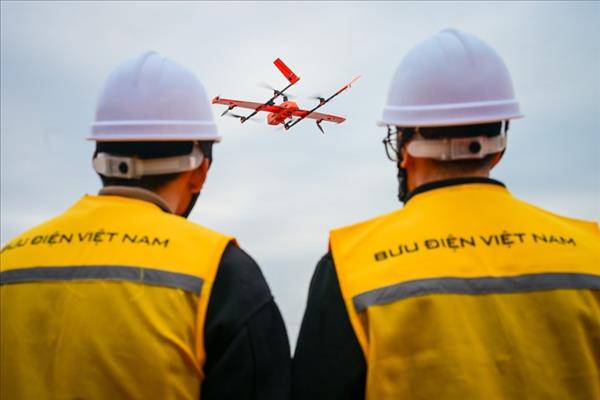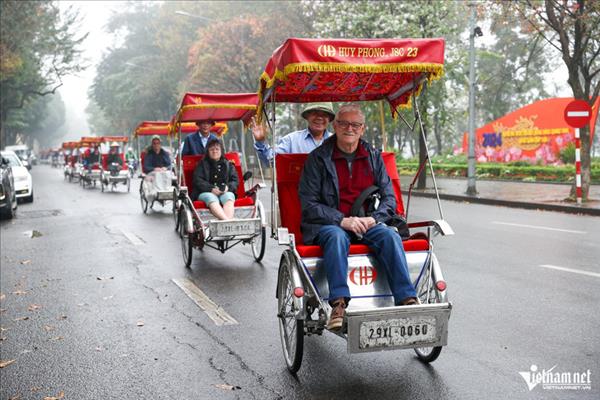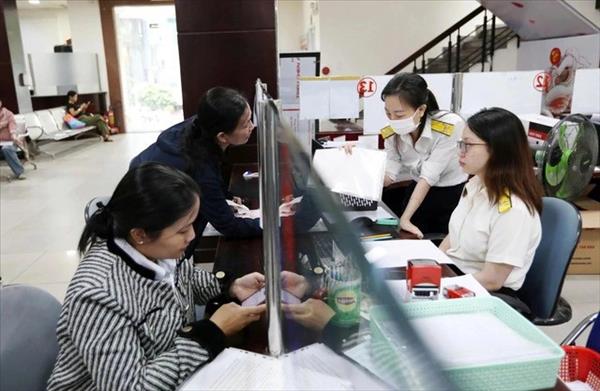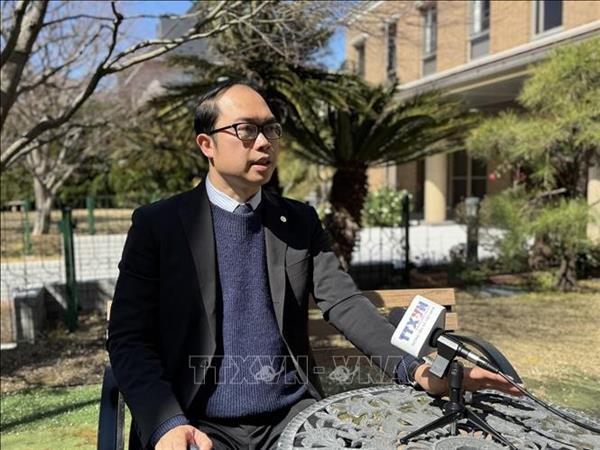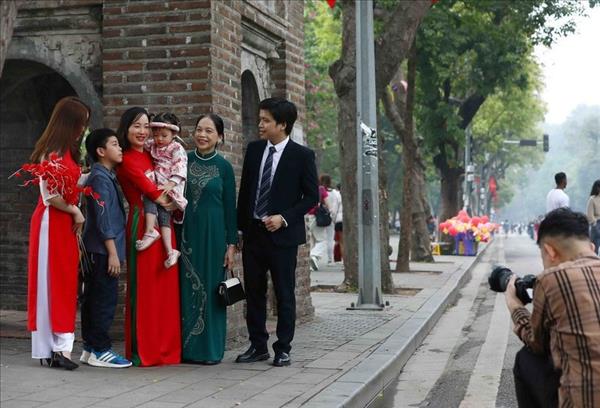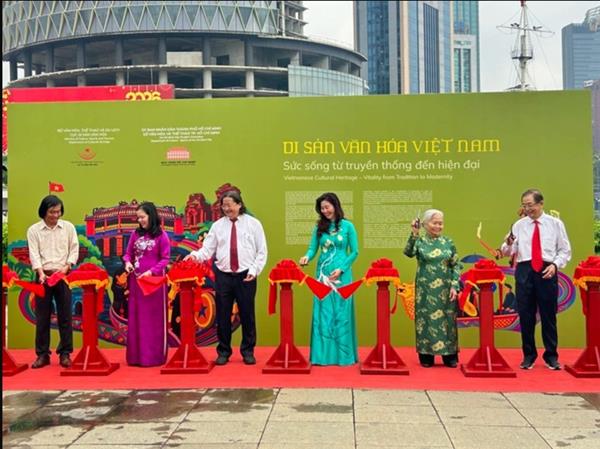During a recent meeting with the HCM City Party Committee, chief of the HCM City Customs Bureau Dinh Ngoc Thang asked the municipal People’s Committee to collect fees for use of infrastructure facilities and public services at seaport terminals for import-export activities.
HCM City has invested large sums from the State budget every year for transportation networks, infrastructure facilities and public service facilities at or near seaport terminals that serve import-export activities.
As the State budget is used for many other works, fees from individuals and agencies using public facilities for import-export activities would help increase the city’s revenues and ease pressure on the State budget, according to Thang.
According to figures from the Association of Vietnam Seaports, HCM City seaports throughput last year reached 6 million TEUs, and Hai Phong seaports throughput 2 million TEUs.
The northern port city of Hai Phong collects fees at its ports. Its People’s Council said that infrastructure fees from Hai Phong Seaport amounted to 1,295 billion VND (about 56 million USD) in 2018.
Thang said that even with infrastructure fees half the level collected at Hai Phong Port, HCM City ports would bring in infrastructure fees of 1,925 billion VND (approx. 83.3 million USD).
Revenue from seaport infrastructure fees could also be used to invest in infrastructure development for business activities, which would contribute to making HCM City a ‘smart’ city and improve logistics services, he said.
The proposal to collect seaport infrastructure fees is supported by the HCM City Finance Department and the Sai Gon New Port Corporation.
Thang said that HCM City should use the fees to invest in transportation infrastructure and remove obstacles that prevent connections between seaports and transportation networks.
As of late October, the city’s customs bureau reported total revenue of 99.4 trillion VND (4.3 billion USD), accounting for 91.4 percent of the city’s all estimated revenue for the year, and up by 15.3 percent (about 13.2 trillion VND) compared with the same period last year.
By the end of the year, the city’s customs Bureau is expected to collect 121 trillion VND, up by 13.62 percent over last year, according to the Customs Bureau.
Thang said the bureau had taken steps to control contraband, trade fraud, forgery of goods origin and intellectual property violations, including the turning of foreign products into “made-in-Vietnam” goods.
In the first nine months of this year, customs agencies in HCM City discovered 43 drug transport cases and seized more than 580 kilos of drugs of various types.
Thang said in the coming months, the city customs agencies would focus on efforts to combat contraband, trade fraud, tax evasion and fraud.
The Customs Bureau has asked authorities to provide ports with modern machinery and equipment that can detect drugs in containers handled at the ports.
VNA/VNP

